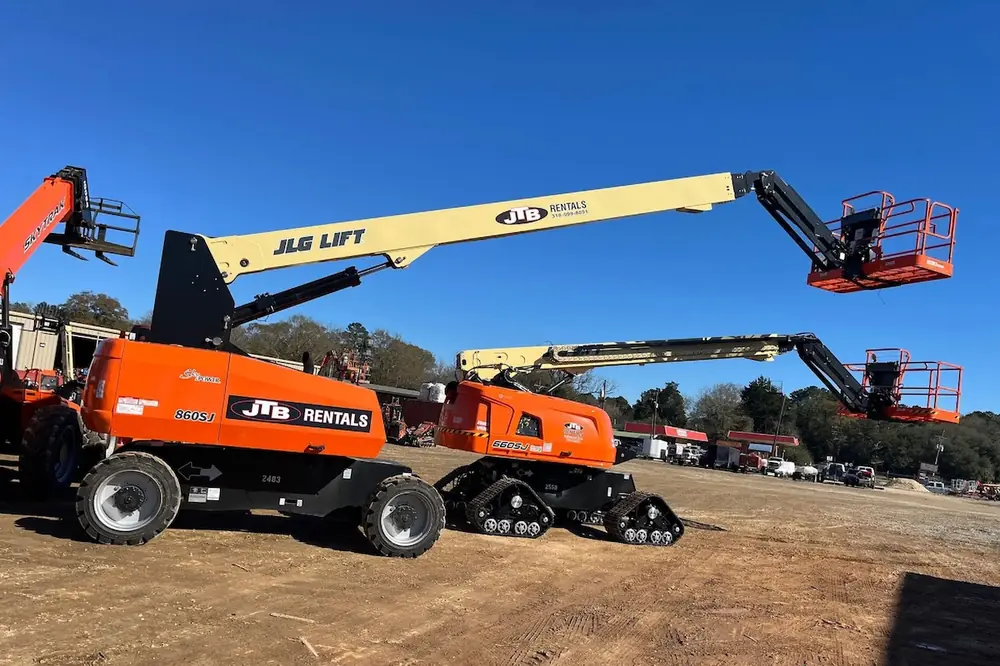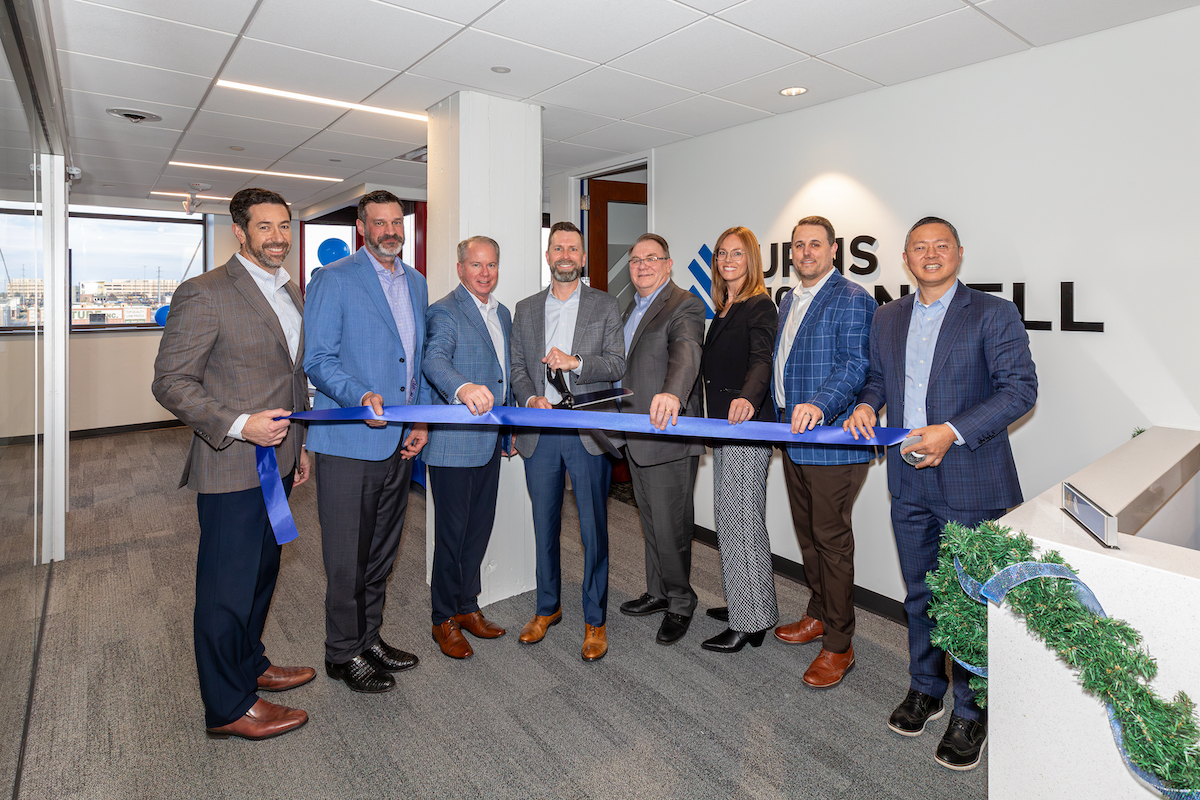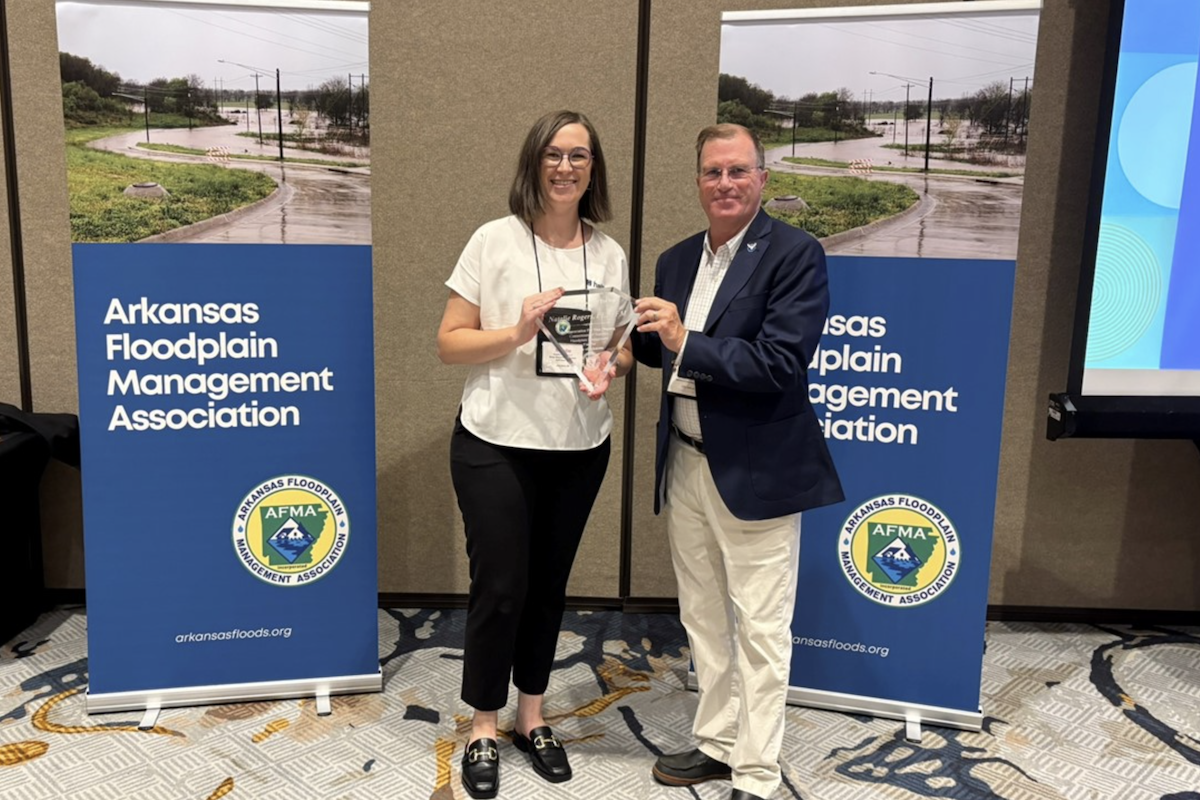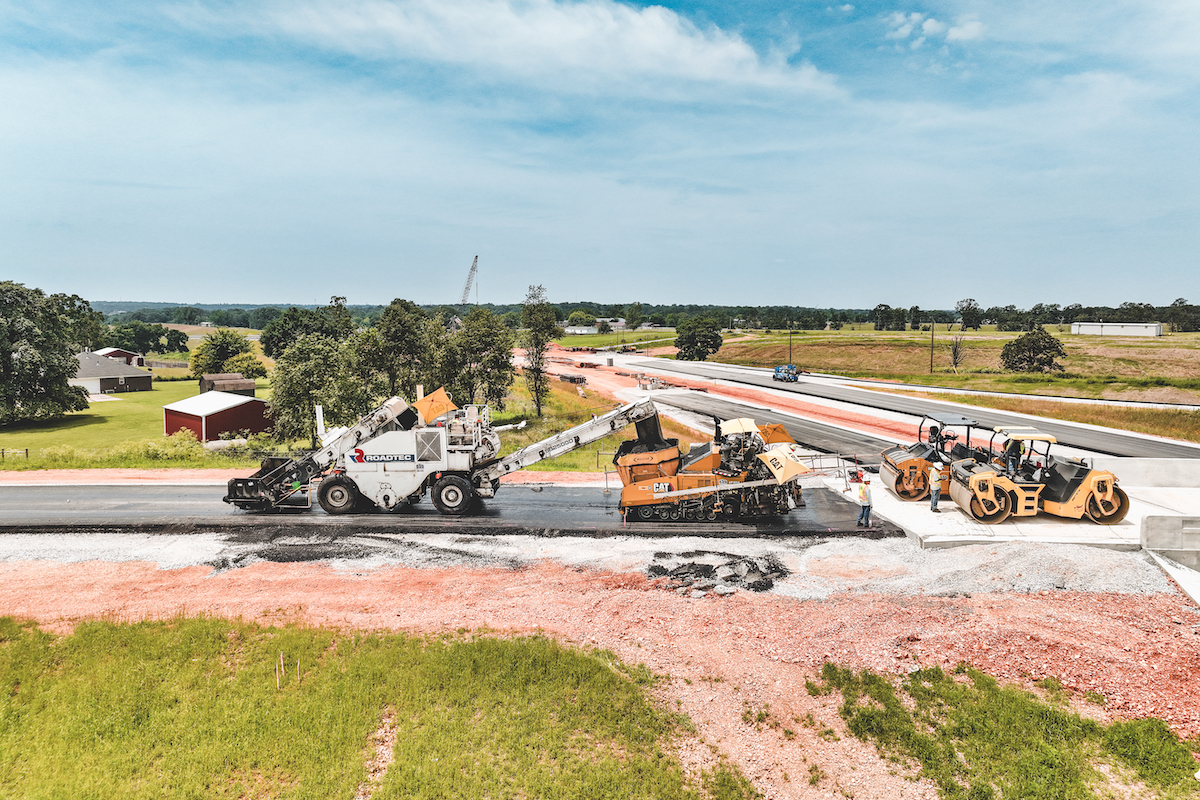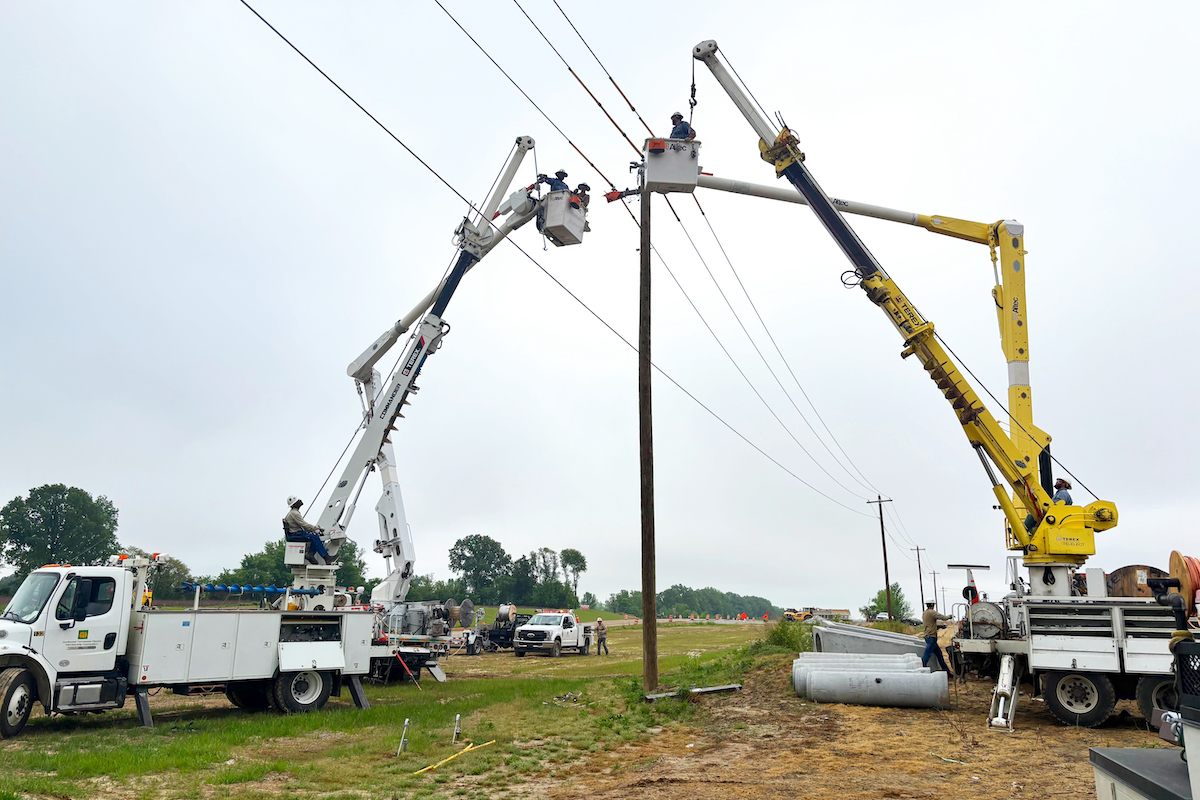JACKSON, MS — The Asphalt Pavement Alliance (APA) announces that the Mississippi Department of Transportation (MDOT) won a 2025 Perpetual Pavement Award by Performance (PPA) for a 7-mile stretch of U.S. 278 in Lafayette County. This is MDOT’s seventh PPA award since the program began in 2001.
To qualify for this award, pavement must be at least 35 years old and never experienced a structural failure. The average interval between the resurfacing of the winning pavement must be no less than 13 years. The pavement must demonstrate the characteristics expected from long-life asphalt pavements: excellence in design, quality in construction, and value for the traveling public. Engineers at the National Center for Asphalt Technology evaluated the nominations and validated the winners.
U.S. 278 serves as the primary connection between I-55 and Oxford, Mississippi, handling an average of 16,000 vehicles per day. The road’s outstanding condition is a result of rehabilitation projects, including milling to remove deteriorated surfaces and applying multiple specialized asphalt layers. Through regular maintenance and material upgrades, the road’s surface is smooth and durable.
“This award is a true testament to our commitment to providing high-quality infrastructure that will last into the future,” MDOT Director Brad White said. “We will continue to make the most of taxpayers’ dollars as we work to maintain the safety and efficiency or our transportation network.”
“Asphalt roads can be designed, built, and maintained to indefinitely prevent deep distresses,” said Buzz Powell, Ph.D., PE, Technical Director of the APA. “The resulting Perpetual Pavement structure is an excellent investment for taxpayers because it only requires periodic surface renewal, has the most preservation options, and never requires reconstruction. Advantages of Perpetual Pavements include durability, economics, sustainability, and smoothness. The smoothness advantage of asphalt pavements is indefinitely extended with Perpetual Pavement since deep distresses that cause roughness never occur."













